Art. 83. Selection criteria
1. Selection criteria may exclusively relate to:a) professional suitability requirements;
b) economic and financial standing;
c) technical and professional ability.
2. The requirements and standings referred to in paragraphs 1 shall be related and proportionate to the subject matter of the contract, bearing in mind the public interest to have the maximum possible number of participants, with respect to the principles of transparency and rotation. For works, a decree by the Minister of infrastructures and transports to be adopted, upon proposal by ANAC within a year from the entry into force of this Code, following the opinion of the competent Parliamentary Committee, shall regulate, with respect to the principles set out in this Article and in order to favor access to micro-enterprises and small and medium enterprises, the system of qualification, the cases and modalities of reliance, the requirements and standings to be possessed by the tenderer, also with reference to the consortia referred to in Article 45, letters
b) and c) and the documentation required in order to demonstrate this possession as referred to in Article XVII. Until the adoption of the abovementioned guidelines, Article 216, paragraph 4 shall apply.
3. With regard to the subsistence of requirements referred to in paragraph 1, letter a), tenderer, where Italian citizens or citizens of another Member State that are resident in Italy, shall be enrolled in the registry of the Chamber of Commerce, Craft, Industry and Agriculture or in the registry of the provincial commissions for craft, or to the competent professional orders. To the citizen of another Member State not resident in Italy, it shall be required the proof of enrolment, according to the modalities currently in force in the State of residence, in one of the professional or commercial registries in Article XVI, through sworn statement or according to the modalities in force in the Member State where it is established or through the attestation, under their his own responsibility, that the presented certificate has been issued by one of the professional or commercial registries established in the country where he is a resident. In procurement procedures for public services contracts, in so far as tenderers or bidders have to possess a particular authorization or to be members of a particular organization in order to be able to perform in their country of origin the service concerned, the contracting station may require them to prove that they hold such authorization or membership.
4. For services and supplies contracts, in order to verify the possession of the requirements referred to in paragraph 1, letter b), contracting authorities or contracting entities may require in the call for competition:
a) that the economic operators have a certain minimum yearly turnover, including a certain minimum turnover in the area covered by the contract;
b) that economic operators provide information on their annual accounts showing, in particular, the ratios, between assets and liabilities;
c) an appropriate level of professional risk indemnity insurance.
5. The minimum yearly turnover that economic operators are required to have pursuant to paragraph 4, letter a) shall not however exceed two times the estimated contract value, calculated in relation to the reference period of the same, except in duly justified cases attached to the nature of the entrusted services or supplies. The contracting authority or entity shall indicate the main reasons for requiring a minimum yearly turnover in the procurement documents. Where a contract is divided into lots this paragraph shall apply in relation to each individual lot. However, the contracting authorities or contracting entities may set the minimum yearly turnover that economic operators are required to have by reference to groups of lots in the event that the successful tenderer is awarded several lots to be executed at the same time. Where contracts based on a framework agreement are to be awarded following a reopening of competition, the maximum yearly turnover requirement referred to in the first period of this paragraph shall be calculated on the basis of the expected maximum size of specific contracts that will be performed at the same time, or, where it is not known, on the basis of the estimated value of the framework agreement. In the case of dynamic purchasing systems, the maximum yearly turnover requirement shall be calculated on the basis of the expected maximum size of specific contracts to be awarded under that system.
6. With reference to services and supplies contracts, for the selection criteria referred to in paragraph 1, letter c), contracting authorities or contracting entities may require a requirement aimed at ensuring that the economic operators possess the human and technical resources and the necessary experience in order to execute the contract to an appropriate quality standard. In the award procedures for supplies requiring works of siting and installation, the professional standing of the economic operators to provide these services or to execute the installation or works is assessed with reference to their competence, efficiency, experience and reliability. The required information shall not exceed the subject of the contract; the administration shall, however, take into account the exigency of protecting technical and commercial secrets.
7. Without prejudice to the qualification system referred to in Article 84 and to the provisions of documentary evidence prior to Article 85, the proof of the requirements referred to in paragraph 1 letters b) and c) is provided, depending on the nature, the quantity or importance and use of the supplies or services, using the means of proof referred to in Article 86, paragraphs 4 and 5.
8. Contracting authorities or contracting entities shall indicate the required conditions of participation which may be expressed as minimum levels of ability, together with the appropriate means of proof, in the contract notice or in the invitation to confirm interest and proceed to the formal and substantial verification of the ability to deliver, the technical and professional abilities, including the human resources, relating to the undertaking, as well as the actually executed activities. For entities referred to in Article 45, paragraph 2, letters d), e), f) and g), possible measures in which these requirements have to be possessed by individual participating tenderer shall be indicated. The agent has to possess in any case the requirements and execute the provisions for the most part. The notices and invitation letters shall not contain further requirements on pain of exclusion with respect to those provided for in this Code and in other existing legal provisions. Such requirements shall be however null.
9. The deficiencies of any formal element of the application can be remedied through the procedure of preliminary investigation referred to in this paragraph. In particular, in case of lack, incompleteness and any other essential irregularity of the elements and of the single European tender document referred to in Article 85, with the exception of those relating to the economic offer and the technical offer, the contracting authority assigns to the competitor a term, not exceeding ten days, for the necessary declarations to be made, supplemented or regularized, indicating the content and the subjects who must render them. In case of unnecessary completion of the regularization deadline, the competitor is excluded from the race. The deficiencies in the documentation that do not allow the identification of the content or of the person responsible for the same constitute essential irregularities that can not be remedied.
10. A rating system is set up at the ANAC, which handles the management of the system, for which the Authority issues appropriate certification to economic operators, upon request. The aforementioned system is connected to reputational requirements assessed on the basis of qualitative and quantitative indicators, objective and measurable, as well as on the basis of definitive assessments that express the reliability of the company. The ANAC defines the reputational requirements and the evaluation criteria of the same, as well as the procedures for the issue of the relative certification, through guidelines adopted within three months from the date of entry into force of this provision. The guidelines referred to in the previous period also establish an administrative system, regulated under the direction of the ANAC, of penalties and reward for the compulsory reporting of extortion and bribery requests by companies that manage public contracts, including subcontractors and companies supplying materials, works and services, also providing for a specific sanctioning regime in cases of omitted or late denunciation. The reputational requirements underlying the company rating referred to in this paragraph take into account, in particular, the previous behavior of the company, with reference to the non-use of preliminary investigation, to the application of the provisions on mandatory reporting of extortion and corruption requests, as well as the respect of the times and the costs in the execution of the contracts and the incidence and results of the litigation both during the participation in the tender procedures and during the execution of the contract. The calculation of the company rating takes into account the behavior of the economic operators in the award procedures launched after the entry into force of this provision. ANAC assigns reward elements to economic operators for conduct prior to the entry into force of this provision that comply with the provisions for the issue of the company rating.
Condividi questo contenuto:






